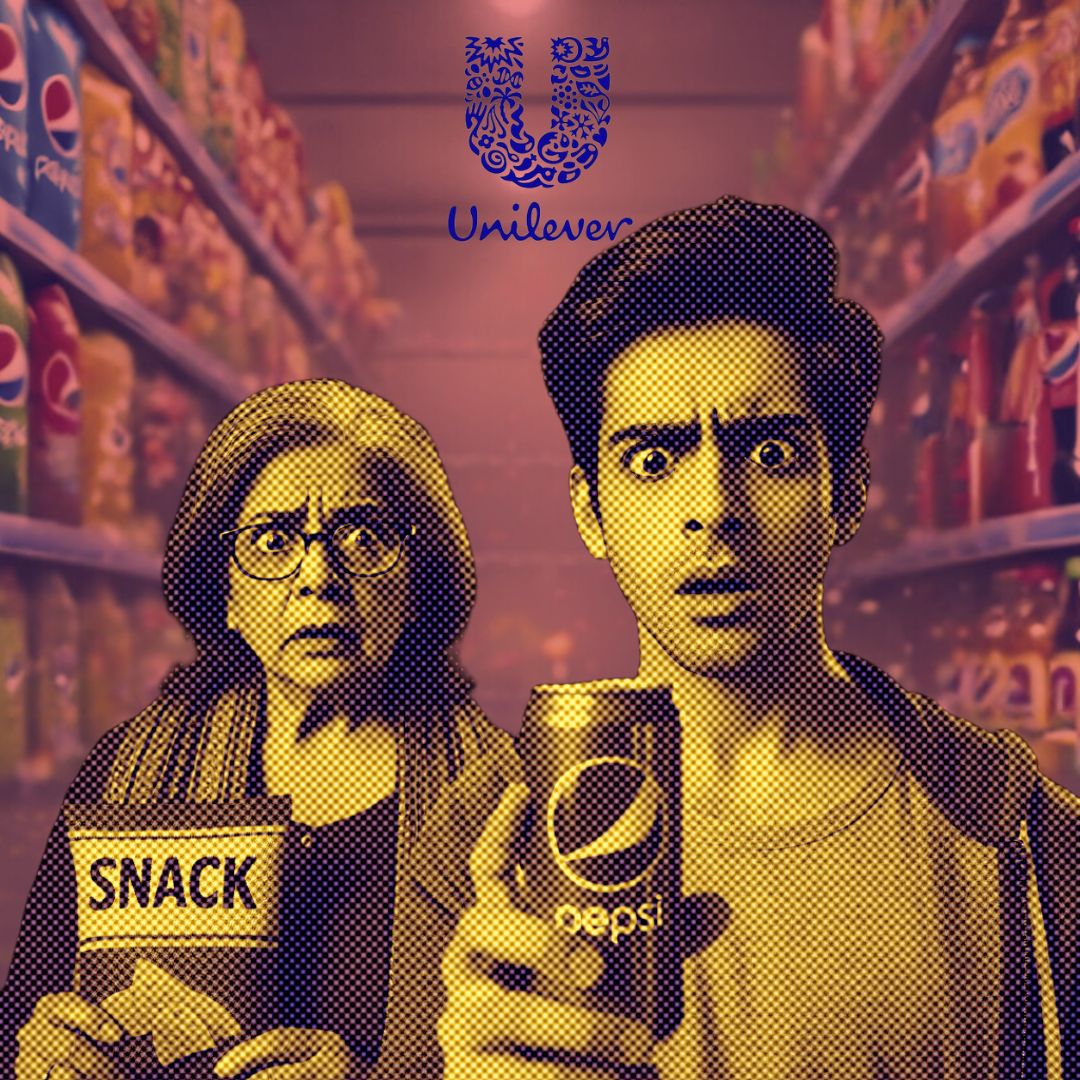PepsiCo, Unilever, and Danone are facing significant criticism for their product offerings in India, as a recent report highlights that these multinational companies are selling items with considerably lower health ratings than those available in more affluent markets. This revelation raises serious concerns about the nutritional quality of food products available to Indian consumers, particularly in a market increasingly focused on health and wellness.
Key Findings of the Report
The investigation reveals that only 16% of Unilever’s product portfolio meets a healthy rating threshold, while PepsiCo achieves a mere 28%, and Nestlé stands at 25%. In contrast, products sold in high-income countries score an average of 2.3 on the Health Star Rating system, whereas those in low-income markets like India average only 1.8. This disparity highlights a troubling trend where global brands may be prioritising profit margins over public health in developing regions.
Market Implications
This situation is particularly alarming given India’s rapidly growing consumer base and increasing health consciousness. As consumers become more discerning about their food choices, they are likely to demand greater transparency and quality from the brands they support. The report suggests that multinational companies may be neglecting their responsibility to provide healthier options in markets where packaged food consumption is on the rise.
Expert Advice for Conscious Consumers
Health experts recommend several strategies for consumers aiming to make informed choices:
1. Read Labels Carefully: Look for clear ingredient lists and avoid products with artificial additives.
2. Prioritise Whole Foods: Whenever possible, choose natural foods over processed alternatives.
3. Be Wary of Pricing: If a product is significantly cheaper than similar items, investigate its quality.
4. Educate Yourself on Nutritional Standards: Familiarise yourself with local guidelines regarding what constitutes healthy food.
5. Support Local Producers: Buying from local farmers or producers can often ensure fresher and more nutritious options.
6. Engage in Community Discussions: Participate in forums focused on nutrition and health to share knowledge and experiences.
Official Statements
In response to the report, a spokesperson from Unilever stated, “We are committed to improving the nutritional profile of our products globally and are actively working to enhance our offerings in India.” Similarly, a representative from PepsiCo emphasised their ongoing efforts to reformulate products to meet higher health standards while acknowledging the need for continuous improvement.
Additional Context
The report also notes that many multinational companies derive a significant portion of their revenue from low- and middle-income countries; however, their commitment to improving nutritional offerings remains insufficient. For instance, only about 11-38% of overall sales from these companies come from healthier products—far below the target of achieving 50% by 2030. Furthermore, India’s Food Safety and Standards Authority is working towards clearer nutritional labeling regulations; however, experts argue that a precise definition of healthy versus unhealthy food is essential to prevent potential public health crises stemming from poor dietary choices.
The Logical Indian’s Perspective
At The Logical Indian, we believe that consumers deserve access to safe and nutritious food options. The findings from this report highlight the urgent need for transparency and ethical practices within the food industry. We advocate for constructive dialogue among consumers, producers, and regulators to foster a healthier society. By promoting kindness and empathy within our communities, we can inspire positive social change that prioritises health and well-being for all.
As we reflect on these issues, we invite you to consider your own consumption habits: How do you ensure that what you eat aligns with your values? Join the conversation below!
This is unacceptable! India's health matters!
— Revant Himatsingka “Food Pharmer” (@foodpharmer2) November 9, 2024
Tired of seeing MNCs give lower quality products to India. In fact, not only MNCs but even Indian companies often set aside their inferior products for Indians and their high quality products for export. pic.twitter.com/RetmTBajQt











